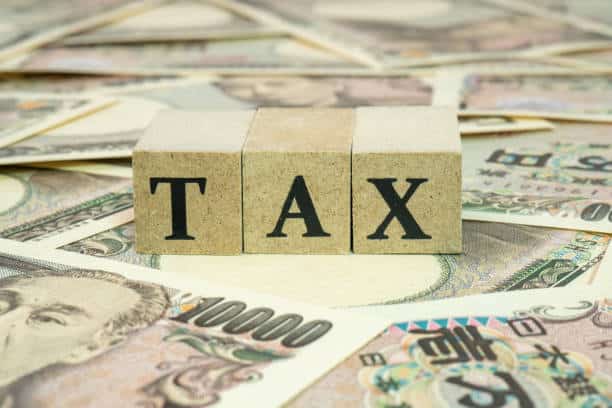Japanese lawmakers are engaging in discussions to implement a proposal that would exempt companies from paying tax on unrealized gains from cryptocurrencies. The proposal is expected to be included in the fiscal 2024 tax reform plan. This development comes as the country’s ruling coalition deliberates on the matter.
The proposed exemption is applicable to Japanese firms that hold digital assets for purposes other than short-term trading. It will be based on mark-to-market valuations at the end of the fiscal year. A Nikkei report states that this exemption from corporate tax is particularly relevant to companies such as VC firms, non-fungible token businesses, and other blockchain firms that hold cryptocurrencies for payment purposes.
The rule has long been criticized for placing a burden on companies and hindering innovation in the cryptoasset and blockchain sectors.
In addition to these exemptions, crypto issuers who also hold cryptocurrencies will not be subject to taxes. The Liberal Democratic Party and its ruling coalition partner, Komeito, engaged in discussions regarding these tax exemptions on Tuesday.
Efforts to reform crypto tax treatment have been underway in Japan since last year to encourage companies to stay in the country. Many startups had left due to heavy tax burdens. The National Tax Agency of Japan published a notice in June stating that crypto issuers would not be required to pay capital gains taxes on unrealized gains.
The Financial Services Agency (FSA), Japan’s top financial regulator, recently submitted legislation-change requests to the government. These requests aim to modify how Japan taxes domestic crypto firms. This move is seen as an attempt to reduce the burden of taxation on companies operating in the cryptoasset and blockchain sectors.
In October, the Japan Association of New Economy (JANE) urged the government to implement crypto tax reforms in order to foster growth and boost tax revenue. They specifically asked for a reduction in tax rates in 2024.
















